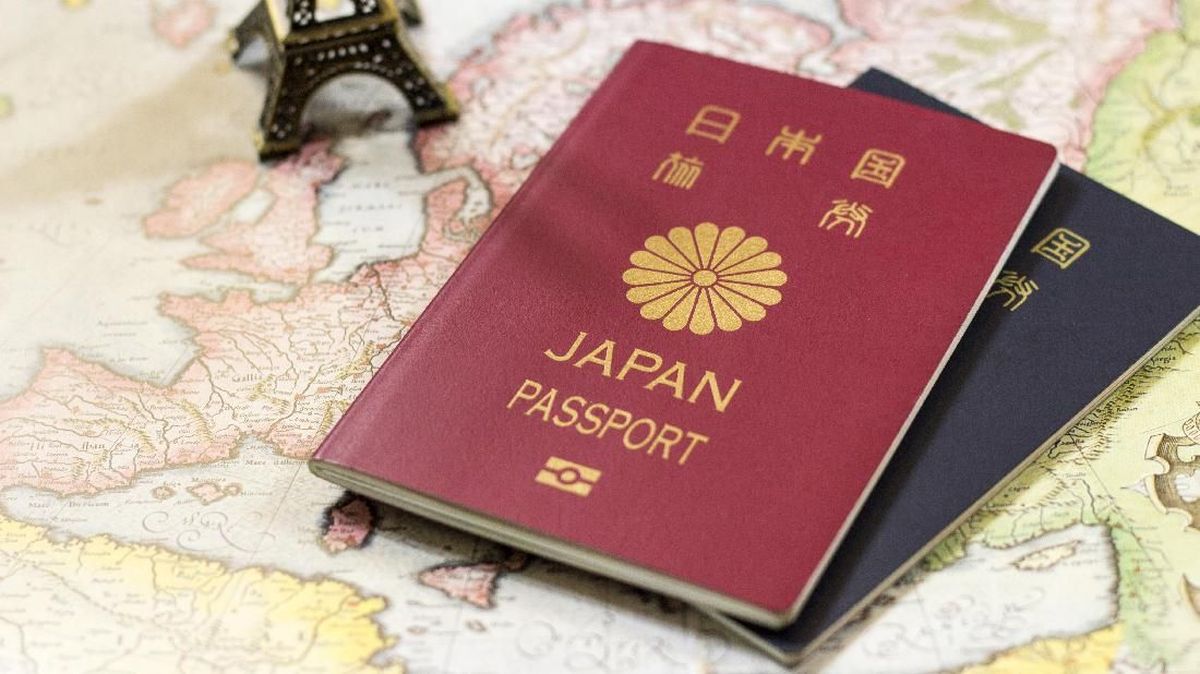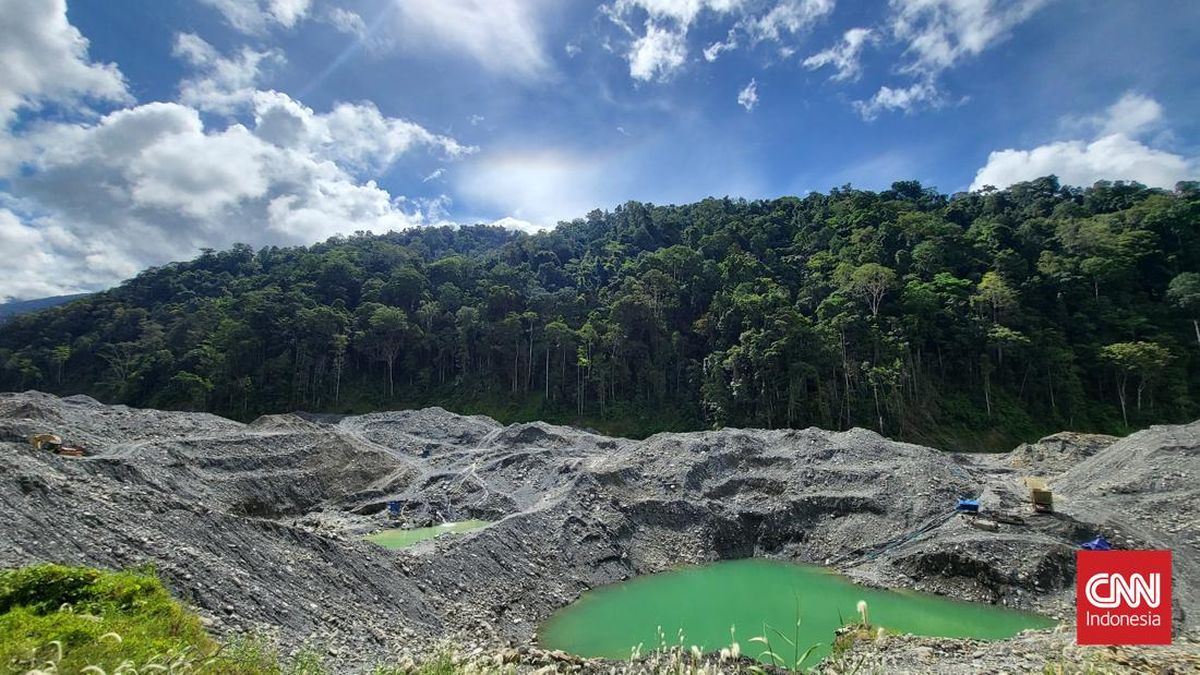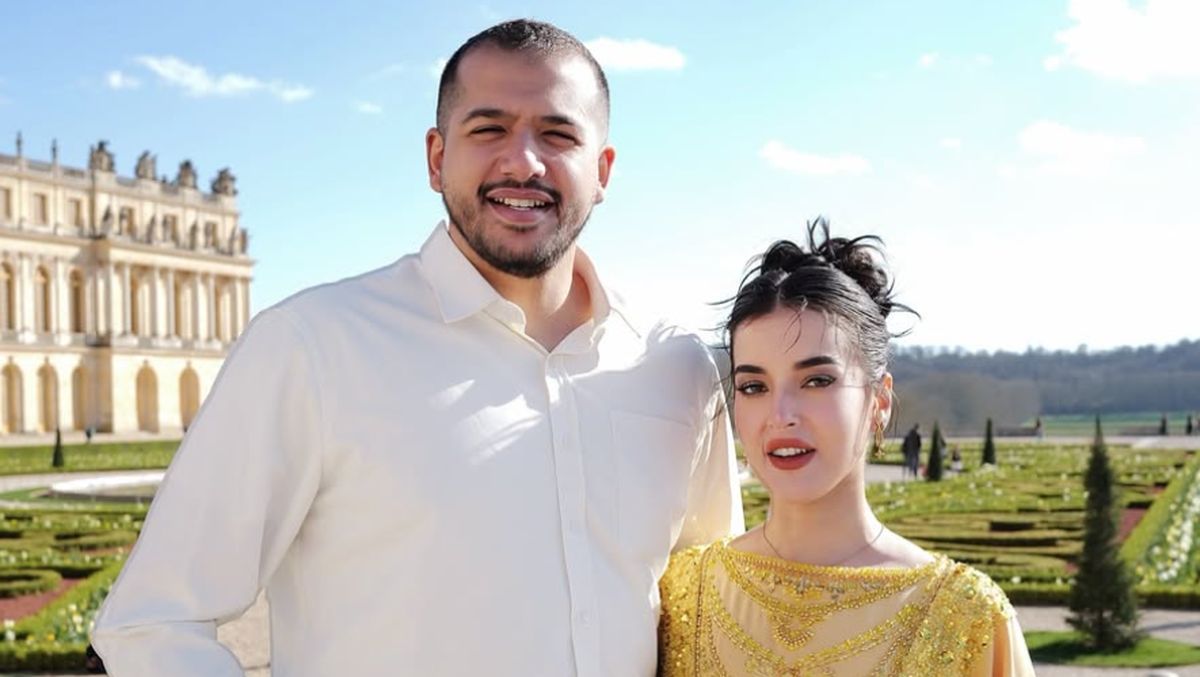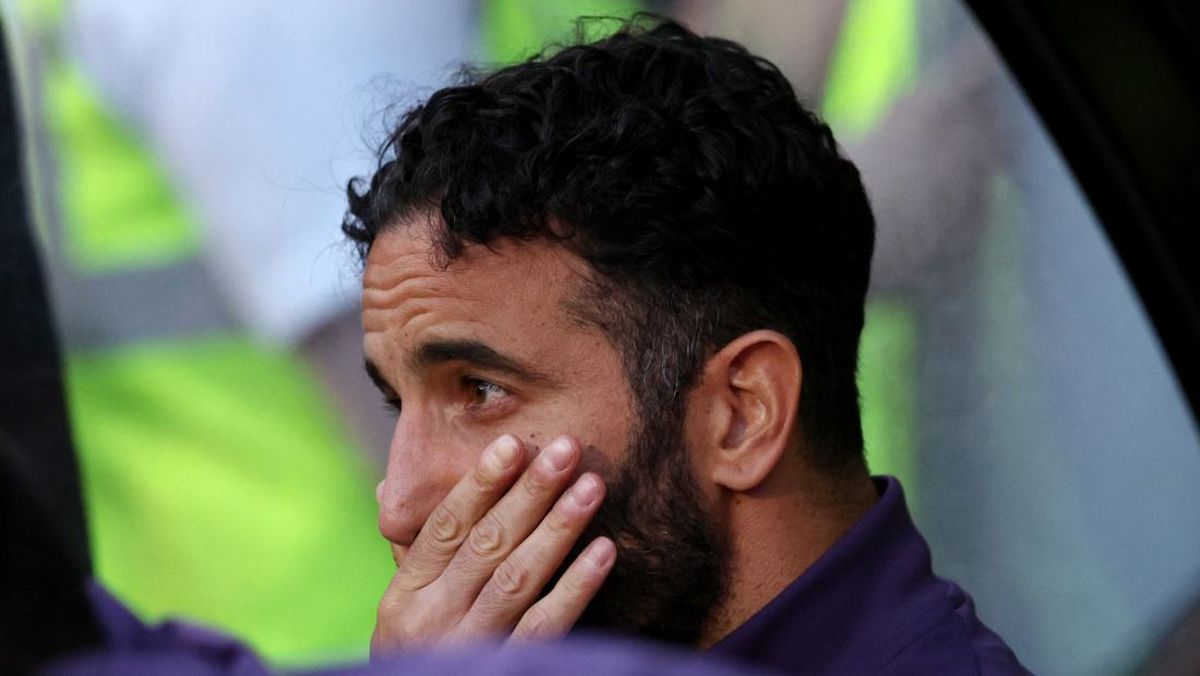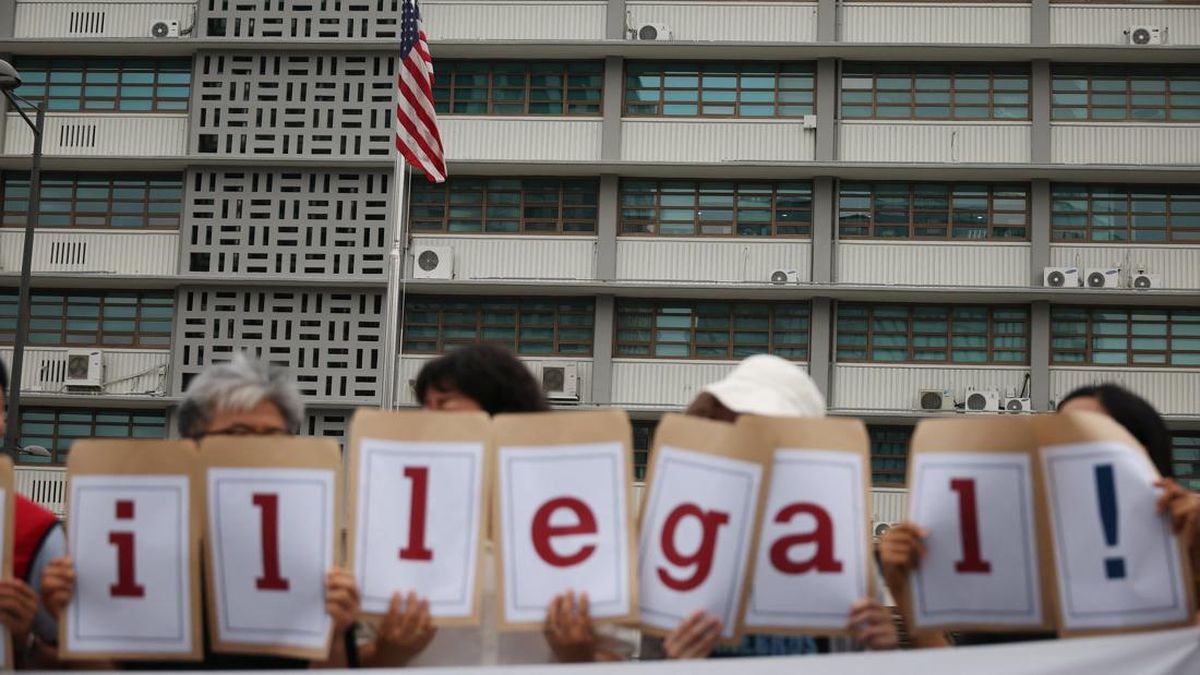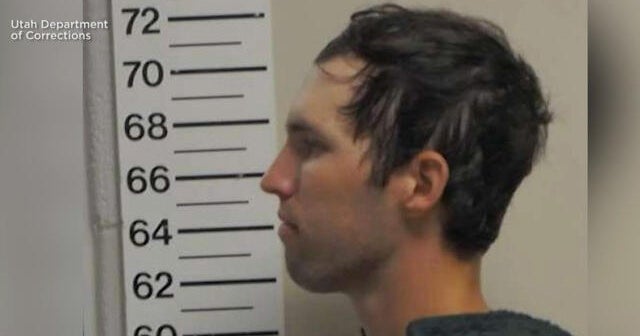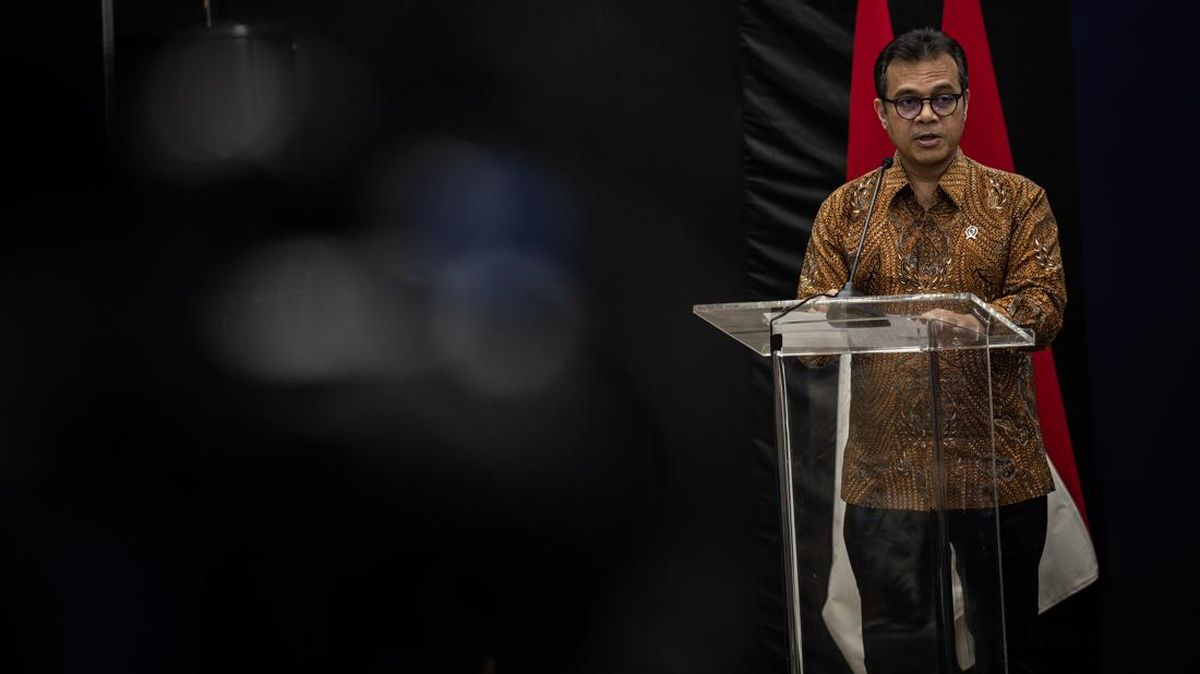A vaccine to protect koalas against the deadly sexually transmitted disease, chlamydia, has been approved in a move being celebrated by scientists and the conservation sector.
In a world-first, researchers from the University of the Sunshine Coast spent 10 years developing and testing the single-dose vaccine, which has successfully been trialled on hundreds of wild koalas spanning several generations.

Chlamydia accounts for as much as half of koala deaths across wild populations.Credit: Geoff Francis
They are now calling for funding to roll the vaccine out nationwide.
Chlamydia can cause urinary tract infections, infertility, blindness and even death in koalas.
Professor of microbiology Peter Timms, who led the study, said many wild colonies in Queensland and New South Wales had infection rates of about 50 per cent, while one in northern NSW had a level closer to 80 per cent.
“UniSC knew a single-dose vaccine – without the need for a booster - was the answer to reducing the rapid, devastating spread of this disease, which accounts for as much as half of koala deaths across wild populations,” Timms said.
“We were determined to do the hard yards to move from research to this vital next stage – a high-quality, veterinary-approved product that can now be used in wildlife hospitals, veterinary clinics and in the field to protect the nation’s most at-risk koalas.”

A study with the vaccine found a decreased mortality from the disease in wild populations by at least 65 per cent.Credit: University of the Sunshine Coast.
Before the vaccine was developed, the only counter to chlamydia infections was antibiotics – which can hamper koalas’ ability to digest eucalyptus leaves, leading to starvation and even death.
UniSC senior researcher Dr Sam Phillips said the vaccine had been trialled in hundreds of wild koalas, as well as captive populations.
Loading
“This study found it reduced the likelihood of koalas developing symptoms of chlamydia during breeding age and decreased mortality from the disease in wild populations by at least 65 per cent,” Phillips said.
Koalas were listed as endangered in Queensland, New South Wales and the Australian Capital Territory after the Black Summer bushfires of 2019-20, which destroyed 5.52 million hectares of bush and private land (including 1.5 million hectares in Victoria).
The main threats to koalas are habitat loss, disease (particularly chlamydia), vehicle strikes and dog attacks.
Koalas are considered stable in Victoria and South Australia, although research from the Australian Koala Foundation last year suggested official counts were overinflated in Victoria.
Australia’s national science body CSIRO said in 2023 that its “best available estimate” for koalas in Victoria and South Australia combined was between 170,780 and 383,570. CSIRO last year revised this down to between 129,000 and 286,000 koalas across both states.
Environment Minister Murray Watt said the federal government had invested $76 million in its Saving Koalas Fund, part of which had gone to the university’s vaccine project.
“We know that koalas need help to fight diseases like chlamydia. It’s a widespread threat impacting their reproductive health and causing infertility.
“The Albanese government is also investing in koala habitat restoration and koala monitoring efforts, so that our iconic koalas not only survive but thrive.”
Most Viewed in Environment
Loading





